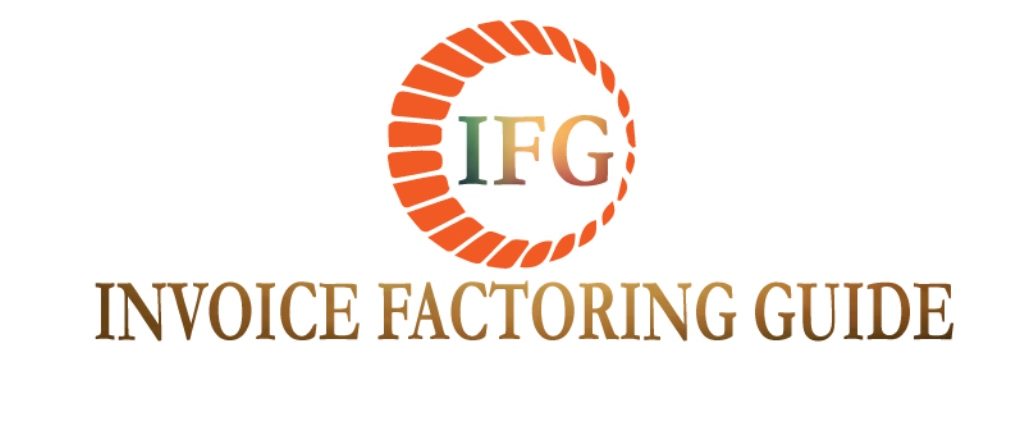You are here: Home1 / Resources2 / Invoice Factoring Pros and Cons
Invoice Factoring Pros and Cons
Invoice Factoring Pros and Cons
Pros
 Increased Cash Flow- This is the main reason businesses use invoice factoring, to meet short-term cash flow needs. Factoring provides enhanced net working capital.
Increased Cash Flow- This is the main reason businesses use invoice factoring, to meet short-term cash flow needs. Factoring provides enhanced net working capital.
- Flexibility- Small businesses can begin factoring invoices all at once, a few at a time, or can utilize spot factoring, which means factoring a single invoice.
- Fuel Growth- Invoice factoring is great for faster-growing companies. Replacing payment delays for immediate funding can fuel growth initiatives over time. These could include having the funds to hire a new employee, help with an advertising campaign or capitalize on an opportunity.
- Factoring Costs May be Tax Deductible- One of the attractions with working capital business loans is the potential for interest deduction (‘interest expense’). Still, certain factoring costs may be deductible if classified as a business expense. Check with your accountant or tax advisor to see if these costs are deductible for your business.
- Better Utilize Resources- By outsourcing the collection obligations, your business can get back to operating the business.
Cons
- Bad Reputation-There is still a negative connotation associated with invoice financing. Some businesses worry about what their customers will think when they receive a notice of transfer. The truth is, many customers are probably using factors themselves.
- Higher Costs- Factoring costs do tend to be higher than more traditional small business funding options such as working capital loans or a small business line of credit. But try and remember that comparing annual interest rate percentages is like comparing apples to oranges since a business that is factoring receivables is essentially receiving a collections department for free.
Scroll to top
 Increased Cash Flow- This is the main reason businesses use invoice factoring, to meet short-term cash flow needs. Factoring provides enhanced net working capital.
Increased Cash Flow- This is the main reason businesses use invoice factoring, to meet short-term cash flow needs. Factoring provides enhanced net working capital.